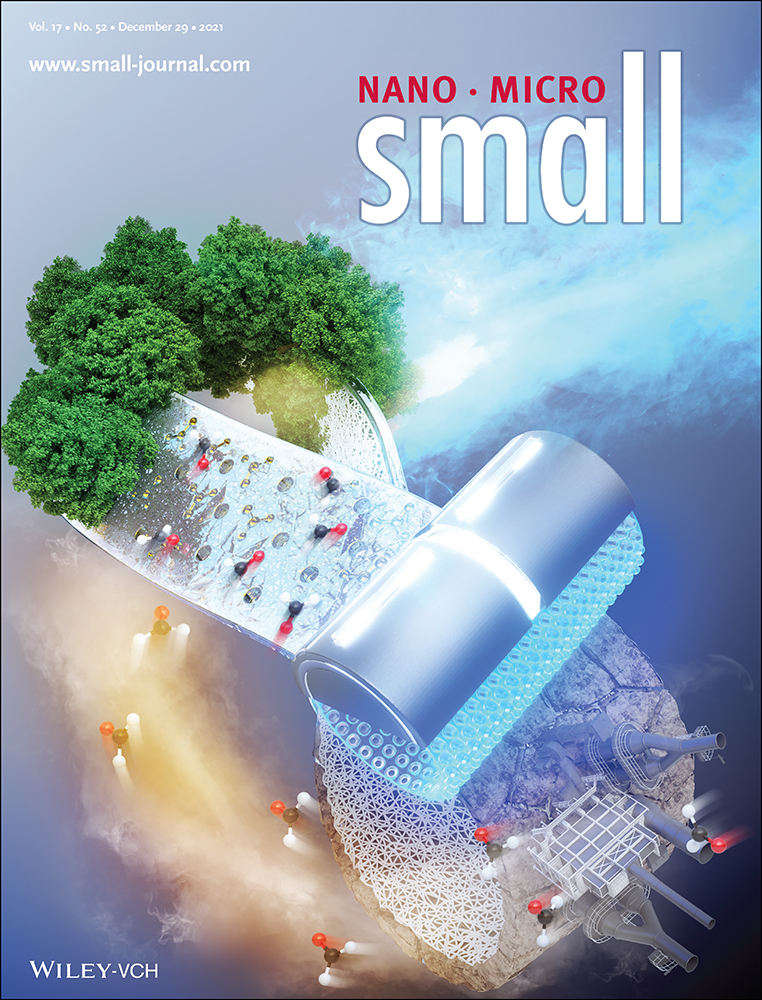Injectable Immunotherapeutic Thermogel for Enhanced Immunotherapy Post Tumor Radiofrequency Ablation
Abstract
Tumor radiofrequency ablation (RFA) is a local and minimally invasive application using high temperature to induce coagulative necrosis of tumor, which has been commonly used in clinic. Although the tumor fragments generated by RFA can activate the host's immune system, it may be insufficient to inhibit cancer recurrence due to many factors such as the inefficient antigen presentation by dendritic cells (DCs). In this research, a convenient local administration strategy by blocking rho-associated kinases (ROCK) is applied to amplify the immune responses triggered by RFA via promoting the phagocytosis capacity of DCs. Briefly, ROCK inhibitor, Y27632, is successfully dispersed in the amphiphilic copolymer poly(D,L-lactide-co-glycolide)-b-poly(ethyleneglycol)-b-poly(D,L-lactideco-glycolide) (PLGA-PEG-PLGA) solution, which is sol at room temperature and forms hydrogel quickly at body temperature, obviously prolonging the retention of Y27632 after injection. Interestingly, in the melanoma tumor model, the generated tumor fragments after RFA treatment are swallowed by DCs and undergo reinforced antigen presentation process with the help of gradual released Y27632, further effectively activating T cell mediated anti-tumor immune responses and significantly improving the therapeutic efficiency of RFA. Overall, such strategy remarkably prolongs the survival of mice after RFA treatment, showing great potential for clinical translation as an improvement strategy for RFA.
Conflict of Interest
The authors declare no conflict of interest.
Open Research
Data Availability Statement
The data that support the findings of this study are available from the corresponding author upon reasonable request.




